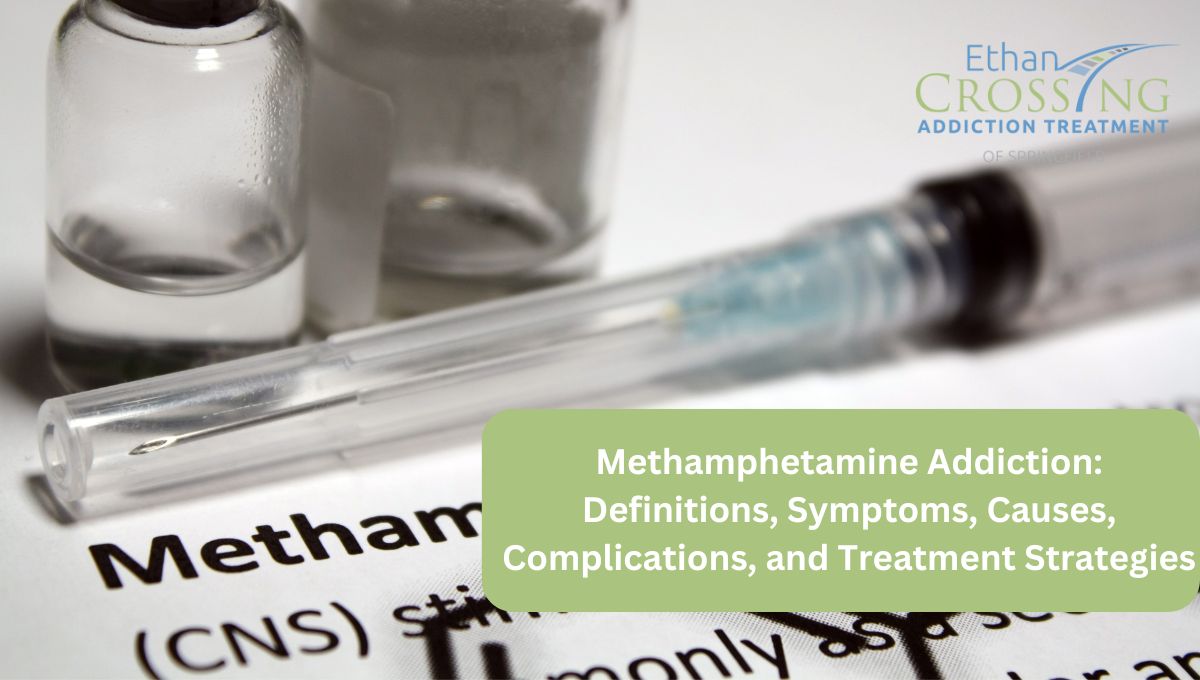Amphetamine Addiction: Definitions, Symptoms, Causes, Effects, and Treatment Interventions
Amphetamine addiction is a chronic brain disorder characterized by compulsive seeking and use of amphetamines despite adverse consequences. These stimulants, often prescribed for conditions like ADHD and narcolepsy, boost brain activity, leading to increased energy and focus. However, misuse of amphetamines, whether for recreational purposes or to suppress appetite, results in amphetamine addiction. Common symptoms…
Details













